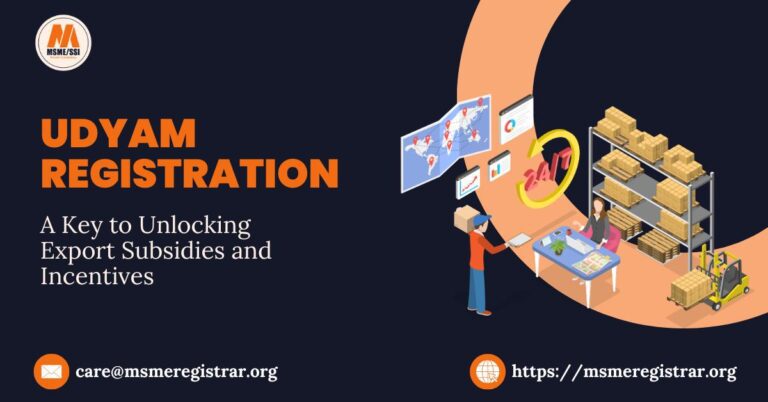10 Tips to Successfully Buy Your First Home
Assess Your Financial Readiness
Before diving into the home-buying process, it’s essential to assess your financial readiness meticulously. This means ensuring a stable income supports mortgage payments and other living expenses. Having a high credit score is important as it can lead to more favorable loan conditions. You’ll need sufficient savings for a down payment—usually between 10% to 20% of the home’s purchase price—as well as closing costs and additional fees. This preparation will ease your journey and make you a more attractive candidate for lenders.
Secure Pre-Approval for a Mortgage
Getting pre-approved for a mortgage is a critical step in the home-buying process. It provides a clear understanding of your budget, allowing you to focus on homes within your price range. It also indicates to sellers that you are a committed buyer, giving you an edge in competitive markets. The pre-approval process involves a lender’s thorough review of your financial situation. Use resources like the Investopedia mortgage calculator to get an initial idea of what you can afford. PreapprovedPreapproved can also help you act quickly when you find the right home, reducing the chances of missing out due to financial delays. Moreover, exploring options like Los Altos CA Homes for Sale can give you a sense of market trends and price ranges, helping you set a realistic budget.
Research Your Desired Locations
Selecting the correct location is essential when purchasing a house, as it greatly influences your happiness and the property’s potential resale worth. Start by researching various neighborhoods to see which aligns with your lifestyle, commute times, and schooling needs. Take into account things like how close it is to your job, access to public transportation, and nearby attractions like parks, eateries, and shopping plazas. Reliable sources like the New York Times Real Estate section can provide valuable insights into different areas, helping you make an informed decision. Attend local events or spend time in the neighborhoods you’re considering to get a feel for the community vibe.
Hire a Reliable Real Estate Agent
An experienced real estate agent is extremely helpful when buying a home due to the intricate process. They offer expert knowledge of the local market, have access to listings before they hit the public market, and possess strong negotiation skills. When choosing an agent, ask friends and family for recommendations or reviews online. A good agent will listen to your needs, answer your questions, and guide the process, from house hunting to closing the deal. Having a trustworthy advocate can make the experience less stressful and more efficient.
Start House Hunting
With your budget and preferred locations, it’s time to start house hunting. Prioritize non-negotiable features, such as the number of bedrooms or proximity to work, but remain flexible for compromises on less critical aspects. Attend open houses to understand the home’s layout and condition better. Use online real estate platforms to widen your search, saving time and helping you narrow down your choices effectively. Please list each property’s pros and cons to help you compare them objectively.
Make an Offer
After locating a suitable home, the next step is to submit a purchase proposal. Your agent will assist you in creating a strong offer that takes into account market conditions and similar home prices. The offer should include:
- The price you’re willing to pay.
- Any contingencies such as home inspections or financing.
- The proposed closing date.
Be prepared to negotiate with the seller to reach a favorable deal. This step can be stressful, but having a clear budget and a list of non-negotiables can keep you focused and help you make sound decisions.
Schedule a Home Inspection
Never skip a home inspection; it’s a vital step in home-buying. A comprehensive examination can reveal possible problems that may not be apparent during initial inspections, like structural issues, plumbing or electrical problems, and pest infestations. If you discover important issues, you have the option to discuss repairing them or asking for a lower price from the seller. Hiring an experienced inspector and being present during the inspection can offer important information about the home’s state and prevent expensive repairs.
Finalize the Loan
Collaborate with your lender to complete the mortgage process once your offer is accepted and the inspection is done. This involves submitting necessary documents promptly to avoid delays, such as proof of income, bank statements, and identification. Make sure you have a complete understanding of the loan conditions, which should include the interest rate, monthly payments, and any fees for paying it off early. Clear communication with your lender can make this process smooth and efficient, allowing you to stay on track for your planned closing date.
Close the Deal
When the process is finished, you will sign the last documents and settle any outstanding expenses, such as closing fees and property taxes. Carefully review all documents and seek clarification by asking questions if needed. Once completed, you’ll receive the keys to your new home. Celebrating this milestone is important, but also take the time to double-check all paperwork before finalizing to ensure everything runs smoothly and smoothly. This final step confirms your ownership and officially completes the home-buying process.
Move In and Settle
Congratulations, you’re now a homeowner! Plan your move-in day, set up utilities (electricity, water, internet, etc.), and familiarize yourself with your new community. A well-organized move can make the transition smoother, allowing you to settle in quickly and comfortably. Take the time to personalize your new space, which can help it feel like home sooner. Enjoy the accomplishment of owning your first home, and take pride in the effort and planning that made it possible.






